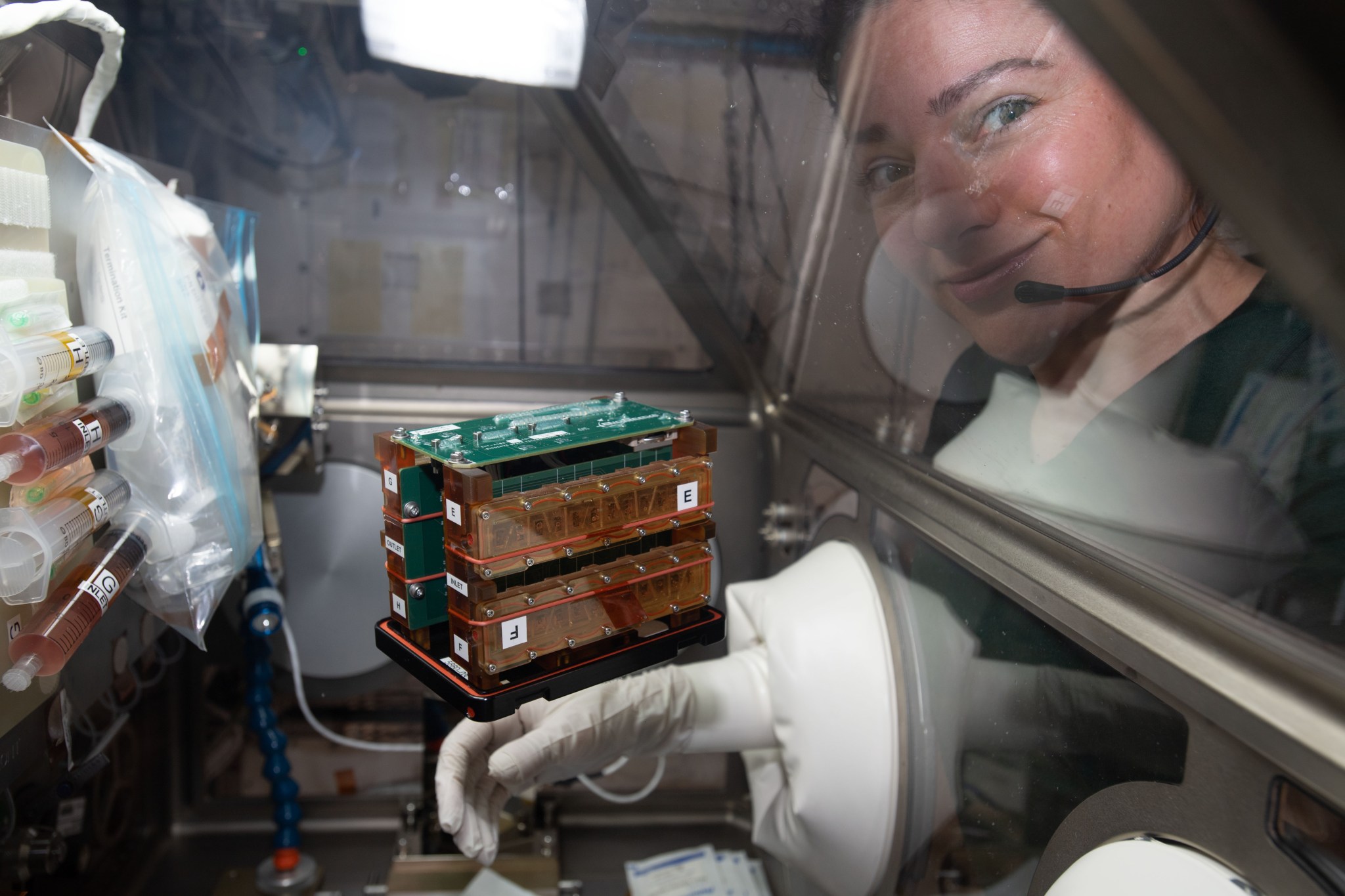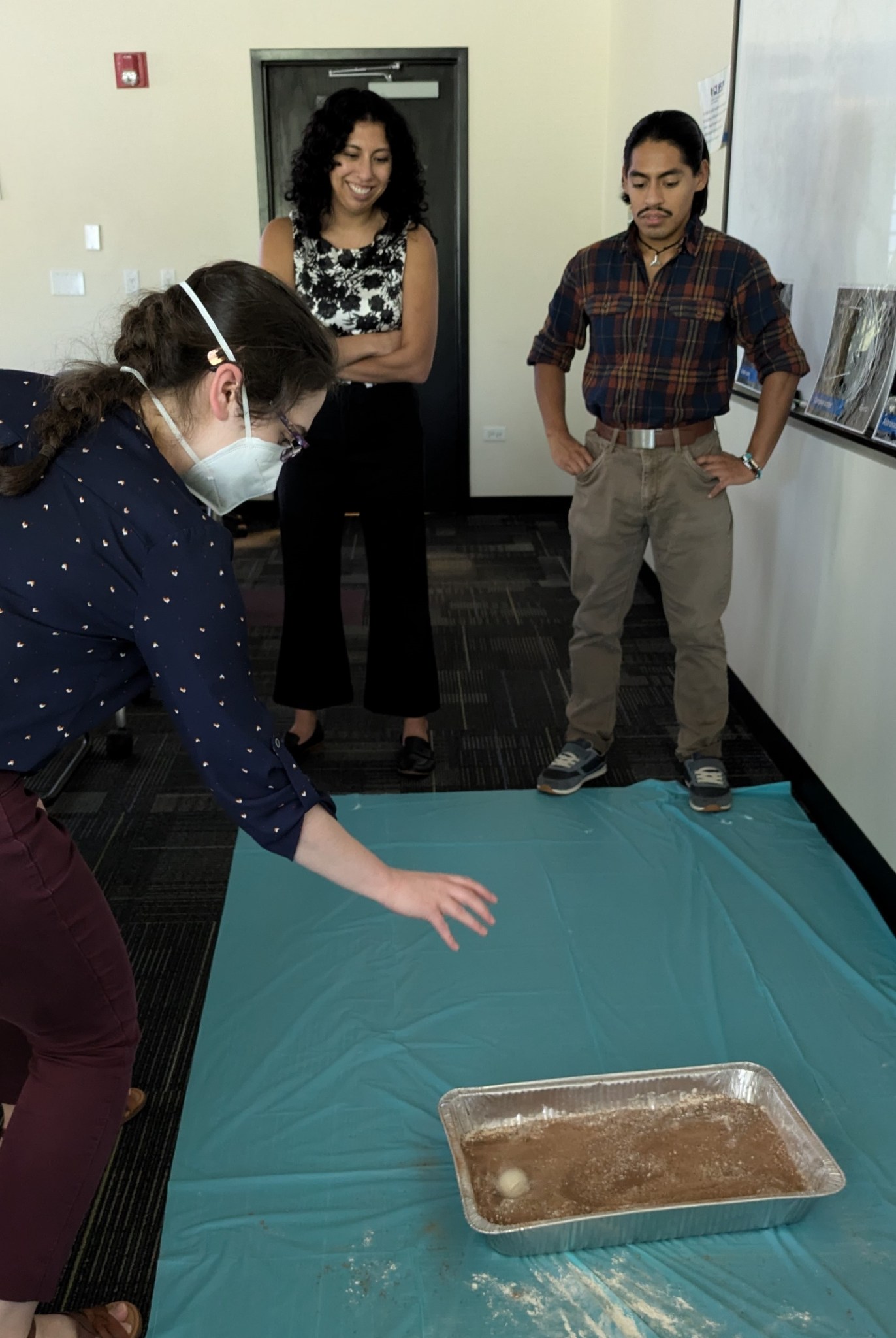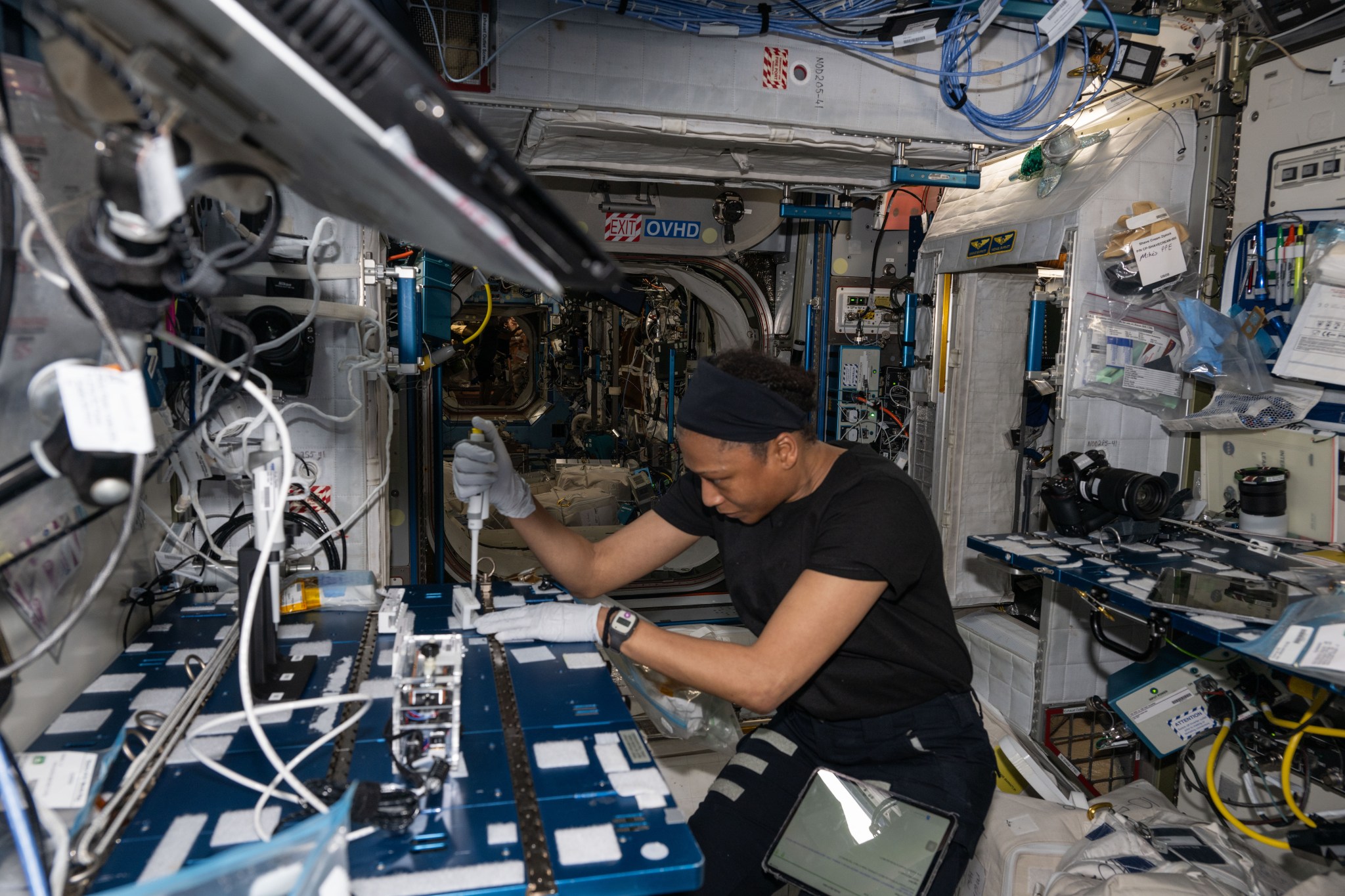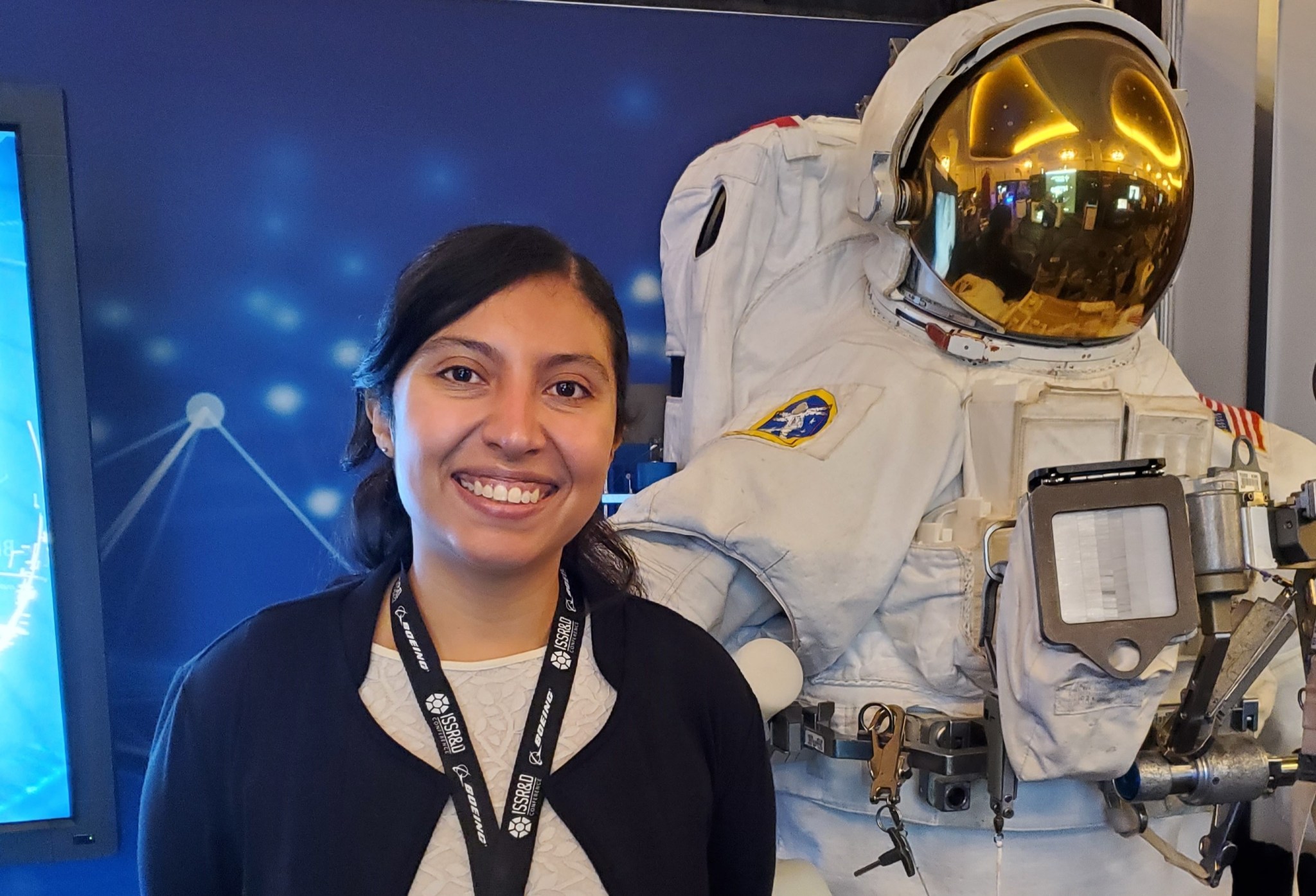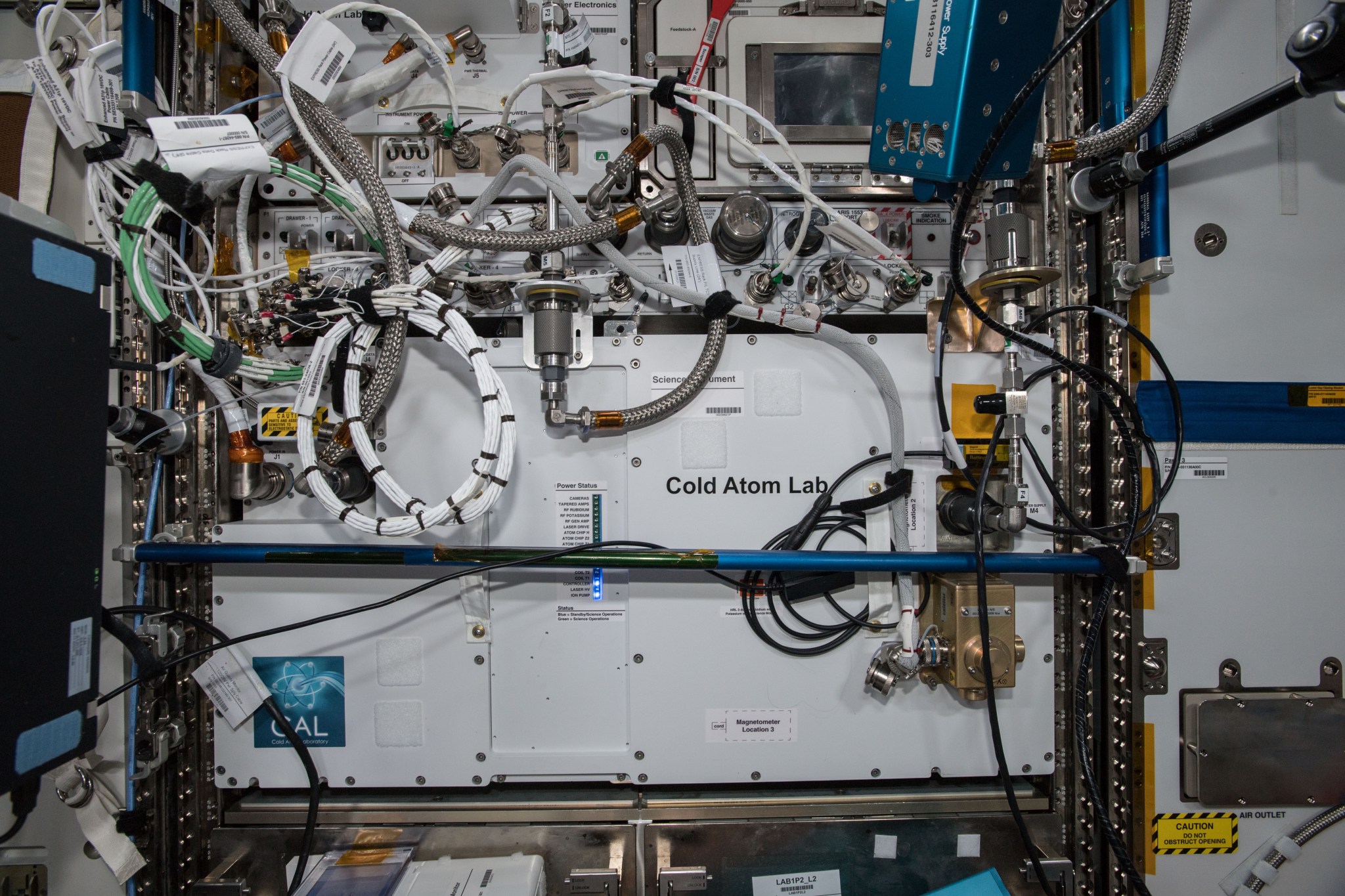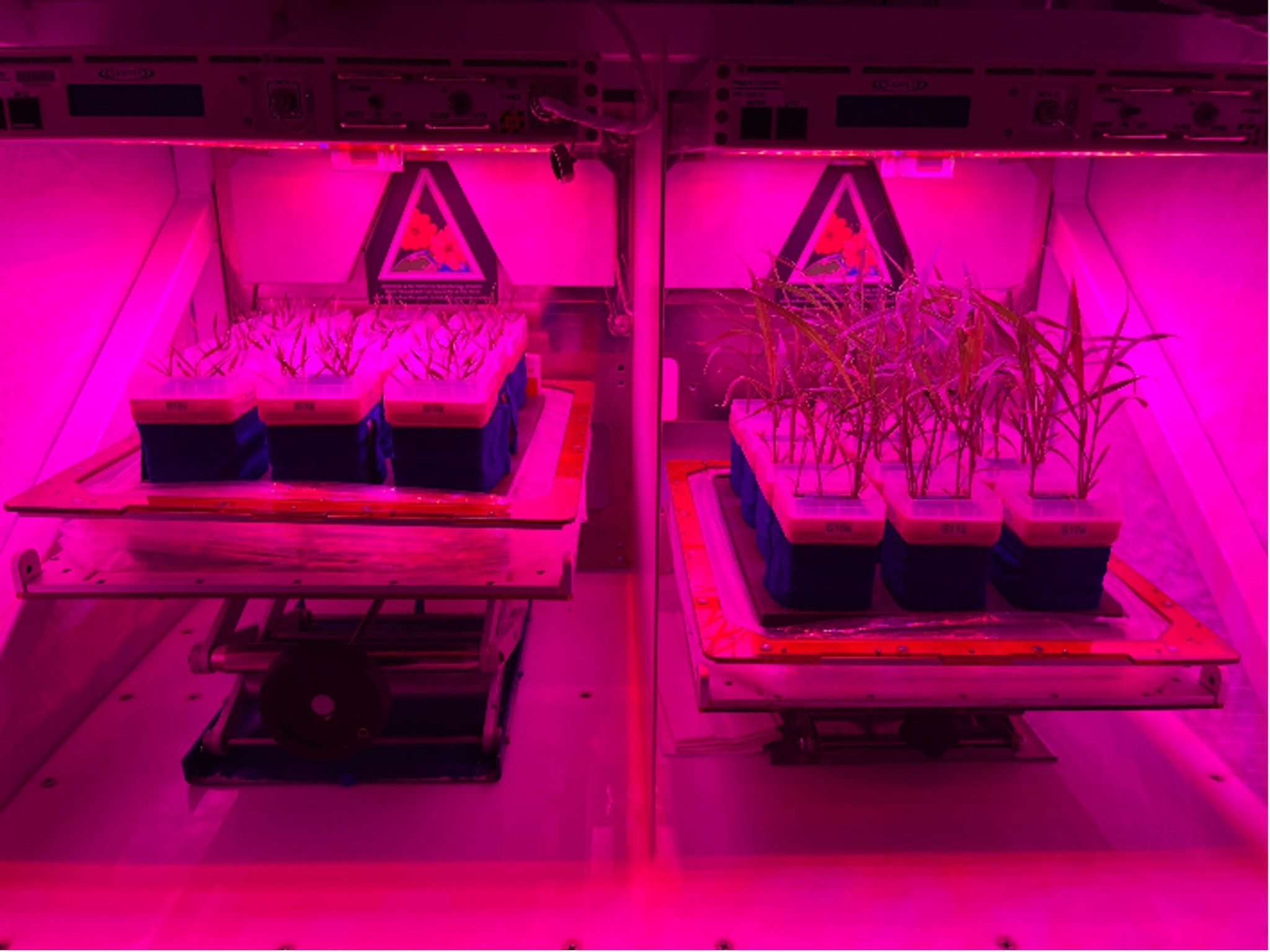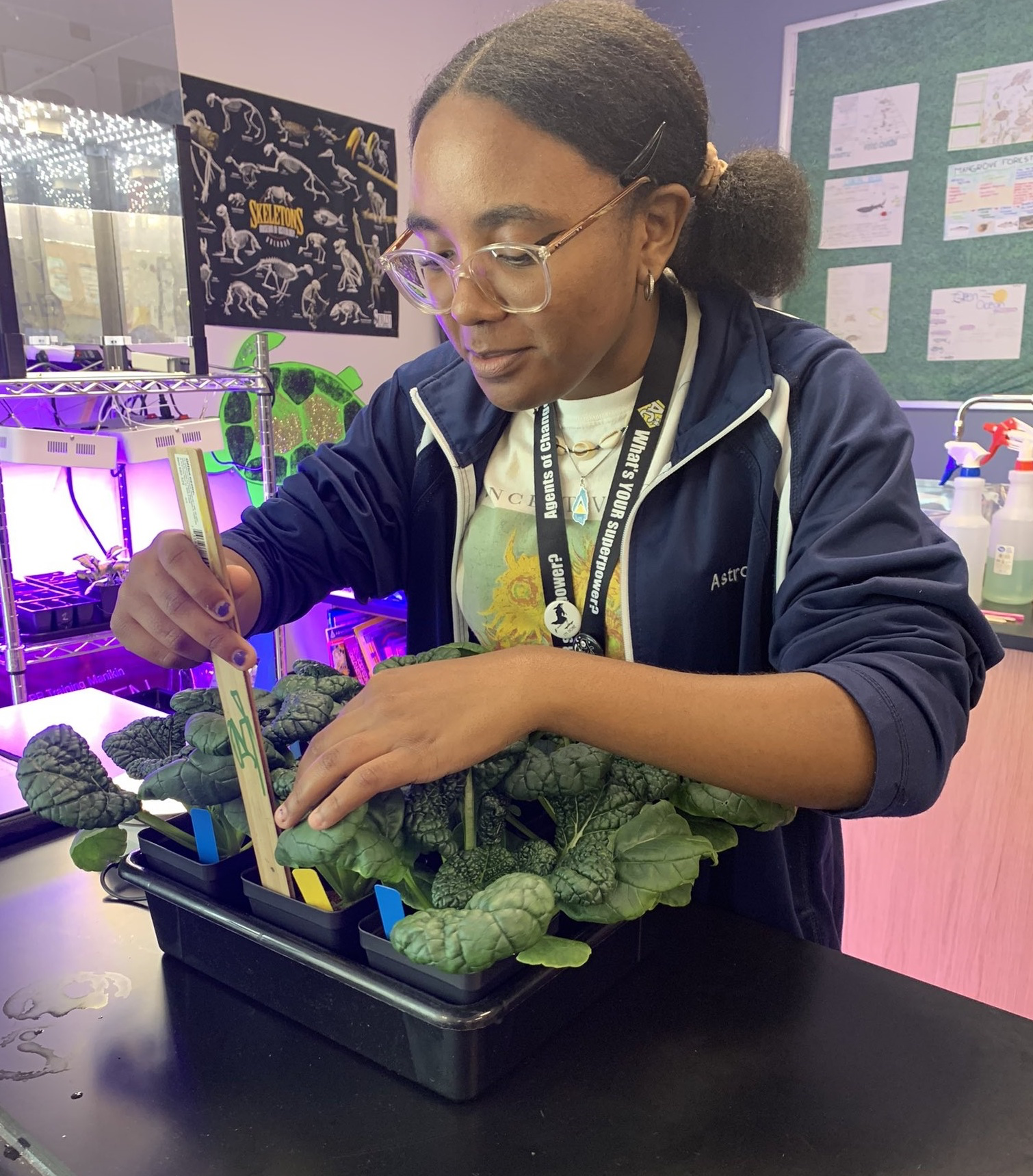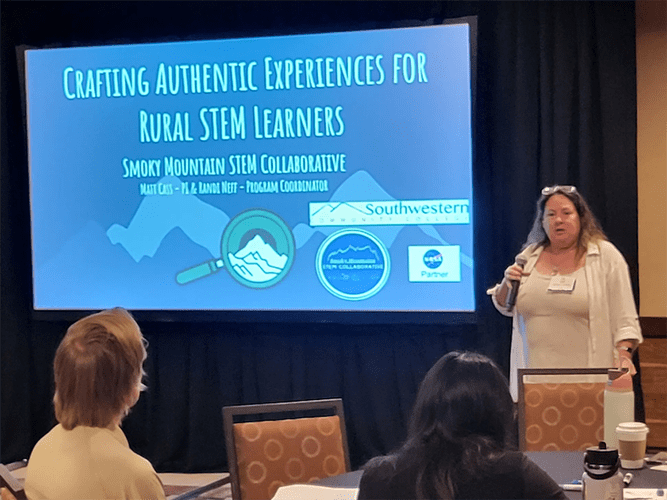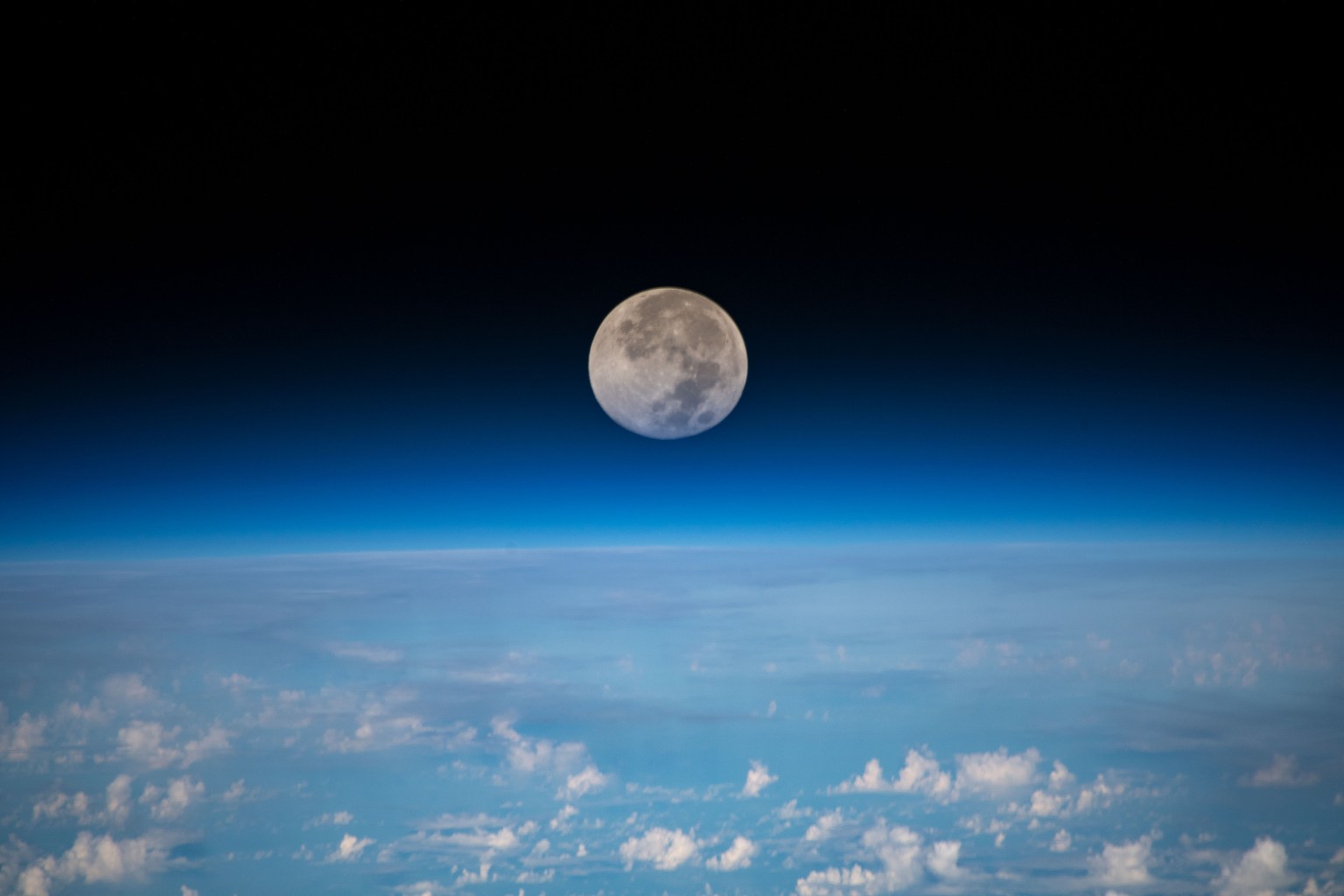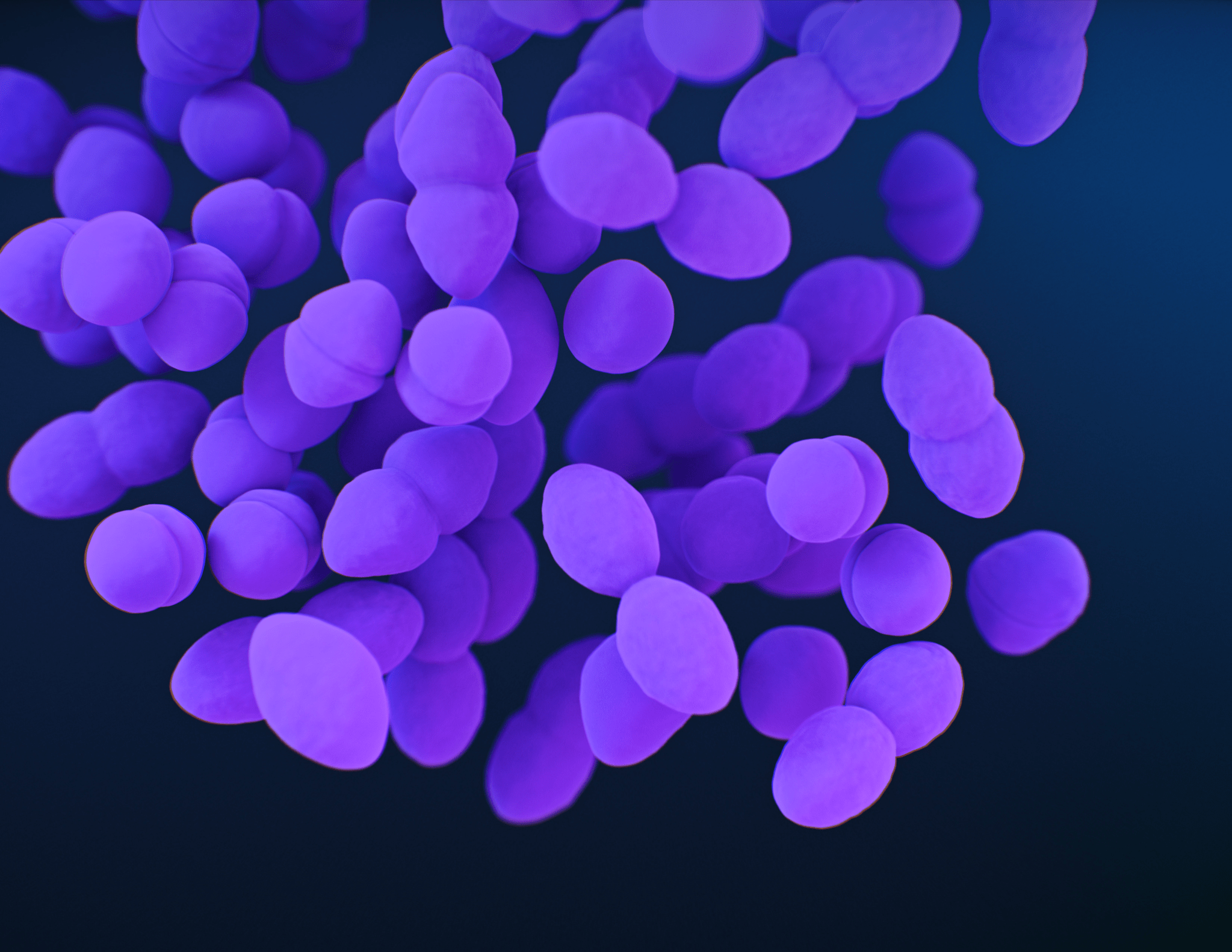NASA astronaut Jessica Meir conducts cardiac research using tissue chip platforms in the Life Sciences Glovebox aboard space station in March of 2022. NASA The International Space Station offers a unique microgravity environment where cells outside the human body behave similarly to how they do inside the human body. Tissue chips are small devices containing living cells that mimic complex functions of specific human tissues and organs. Researchers can run experiments using tissue chips aboard space station to understand disease progression and provide faster and safer alternatives for preparing medicine…
Read MoreTag: Biological & Physical Sciences
Culturally Inclusive Planetary Engagement in Colorado
Learn Home Culturally Inclusive Planetary… Biological & Physical… Overview Learning Resources Science Activation Teams SME Map Opportunities More Science Activation Stories Citizen Science 2 min read Culturally Inclusive Planetary Engagement in Colorado In August 2024, the NASA Science Activation program’s Planetary Resources and Content Heroes (ReaCH) project held a Culturally Inclusive Planetary Engagement workshop at the Laboratory for Atmospheric and Space Physics in Boulder, Colorado for the planetary science community. These workshops are designed to enhance the ability of scientists to engage Black and Latinx youth and their families…
Read MoreNASA’s SpaceX Crew-8 Concludes Space Station Scientific Mission
6 min read Preparations for Next Moonwalk Simulations Underway (and Underwater) NASA astronauts Michael Barratt, Matthew Dominick, and Jeanette Epps and Roscosmos cosmonaut Alexander Grebenkin are returning to Earth after months aboard the International Space Station conducting scientific experiments and technology demonstrations for the agency’s SpaceX Crew-8 mission. The four launched on March 3 aboard a SpaceX Dragon spacecraft from NASA’s Kennedy Space Center in Florida. Here’s a look at some scientific milestones accomplished during their mission: Revealing resistant microorganisms NASA astronaut Jeanette Epps extracts DNA for the Genomic Enumeration…
Read MorePioneer of Change: America Reyes Wang Makes NASA Space Biology More Open
4 min read Pioneer of Change: America Reyes Wang Makes NASA Space Biology More Open America Reyes Wang, the lead of the the Space Biology Biospecimen Sharing Program at NASA’s Ames Research Center in California’s Silicon Valley, stands beside a spacesuit display. Photo courtesy of America Reyes Wang As humans return to the Moon and push on toward Mars, scientists are ramping up research into the effects of space on the body to make sure astronauts stay healthy on longer missions. This research often involves spaceflight studies of rodents, insects,…
Read MoreNASA Demonstrates ‘Ultra-Cool’ Quantum Sensor for First Time in Space
NASA’s Cold Atom Lab, shown where it’s installed aboard the International Space Station, recently demonstrated the use of a tool called an atom interferometer that can precisely measure gravity and other forces — and has many potential applications in space. NASA/JPL-Caltech Future space missions could use quantum technology to track water on Earth, explore the composition of moons and other planets, or probe mysterious cosmic phenomena. NASA’s Cold Atom Lab, a first-of-its-kind facility aboard the International Space Station, has taken another step toward revolutionizing how quantum science can be used…
Read MoreNASA Sends More Science to Space, More Strides for Future Exploration
New experiments aboard NASA’s Northrop Grumman 21st cargo resupply mission aim to pioneer scientific discoveries in microgravity on the International Space Station. Northrop Grumman’s Cygnus spacecraft, filled with nearly 8,500 pounds of supplies, launched Aug. 4 atop a SpaceX Falcon 9 rocket from Space Launch Complex 40 at Cape Canaveral Space Force Station in Florida. Biological and physical investigations aboard the spacecraft included experiments studying the impacts of microgravity on plants (grass), how packed bed reactors could improve water purification both in space and on Earth, and observations on new…
Read MoreSeed Funding Proposals Due November 19 This Year!
Since it began in 2020, NASA’s Citizen Science Seed Funding Program (CSSFP) has helped twenty-four new NASA citizen science projects get off the ground. This one-year funding opportunity aims to expand the pool of professional scientists who use citizen science techniques in their science investigations. We’d like to remind you about two key changes to the CSSFP program this year! First, we heard that researchers could make better use of seed funding if it arrived in time to enable work during the summer — a crucial season for students, faculty, and interns. To…
Read MoreNASA Science Activation Teams Present at National Rural STEM Summit
1 min read NASA Science Activation Teams Present at National Rural STEM Summit NASA Science Activation (SciAct) teams participated in the National Rural STEM (Science, Technology, Engineering, & Mathematics) Summit held June 4-7, 2024 in Tucson, Arizona. Hosted by Kalman Mannis of the Rural Activation and Innovation Network (Arizona Science Center) and the SciTech Institute, the summit fostered learning and sharing among organizations dedicated to creating partnerships and pathways for authentic STEM learning in rural communities. Participants included: Matt Cass and Randi Neff from SciAct’s Smoky Mountains STEM Collaborative, who…
Read MoreSpace Station Research Advances NASA’s Plans to Explore the Moon, Mars
4 Min Read Space Station Research Advances NASA’s Plans to Explore the Moon, Mars The full moon is pictured as the International Space Station orbited 254 miles above the Pacific Ocean northeast of Guam. Credits: NASA Space, the saying goes, is hard. And the farther humans go, the harder it can get. Some of the challenges on missions to explore the Moon and Mars include preventing microbial contamination of these destinations, navigating there safely, protecting crew members and hardware from radiation, and maintaining and repairing equipment. Research on the International…
Read MoreInternational Space Station welcomes biological and physical science experiments
3 min read International Space Station welcomes biological and physical science experiments NASA is sending several biological and physical sciences experiments and equipment aboard SpaceX’s 30th commercial resupply services mission. Studying biological and physical phenomena under extreme conditions allows researchers to advance the fundamental scientific knowledge required to go farther and stay longer in space, while also benefitting life on Earth. Not only can these experiments provide pioneering scientific discovery – they enable sustainable deep space exploration and support transformative engineering. The commercial resupply launch took place Thursday, March 21,…
Read More